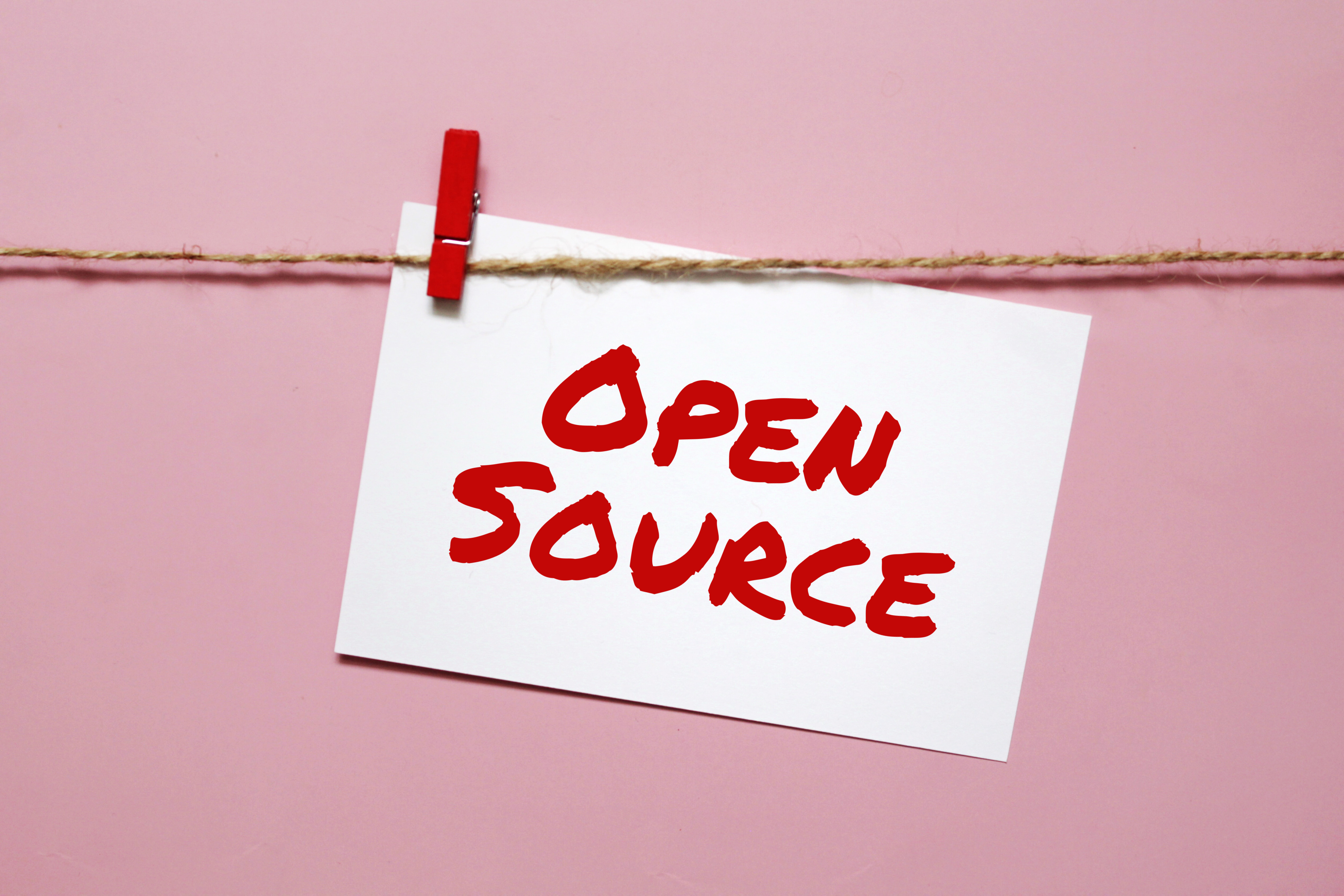A dispute has emerged after FAMM, the record label representing Jorja Smith, alleged that the viral dance track I Run by Haven used an unauthorised AI clone of the singer’s voice.
The BBC’s report describes how the song gained traction on TikTok before being removed from streaming platforms following copyright complaints.
The label said it wanted a share of royalties, arguing that both versions of the track, the original release and a re-recording with new vocals, infringed Smith’s rights and exploited the creative labour behind her catalogue.
FAMM said the issue was bigger than one artist, warning that fans had been misled and that unlabelled AI music risked becoming ‘the new normal’. Smith later shared the label’s statement, which characterised artists as ‘collateral damage’ in the race towards AI-driven production.
Producers behind “I Run” confirmed that AI was used to transform their own voices into a more soulful, feminine tone. Harrison Walker said he used Suno, generative software sometimes called the ‘ChatGPT for music’, to reshape his vocals, while fellow producer Waypoint admitted employing AI to achieve the final sound.
They maintain that the songwriting and production were fully human and shared project files to support their claim.
The controversy highlights broader tensions surrounding AI in music. Suno has acknowledged training its system on copyrighted material under the US ‘fair use’ doctrine, while record labels continue to challenge such practices.
Even as the AI version of I Run was barred from chart eligibility, its revised version reached the UK Top 40. At the same time, AI-generated acts such as Breaking Rust and hybrid AI-human projects like Velvet Sundown have demonstrated the growing commercial appeal of synthetic vocals.
Musicians and industry figures are increasingly urging stronger safeguards. FAMM said AI-assisted tracks should be clearly labelled, and added it would distribute any royalties to Smith’s co-writers in proportion to how much of her catalogue they contributed to, arguing that if AI relied on her work, so should any compensation.
The debate continues as artists push back more publicly, including through symbolic protests such as last week’s vinyl release of silent tracks, which highlighted fears over weakened copyright protections.
Would you like to learn more about AI, tech and digital diplomacy? If so, ask our Diplo chatbot!










